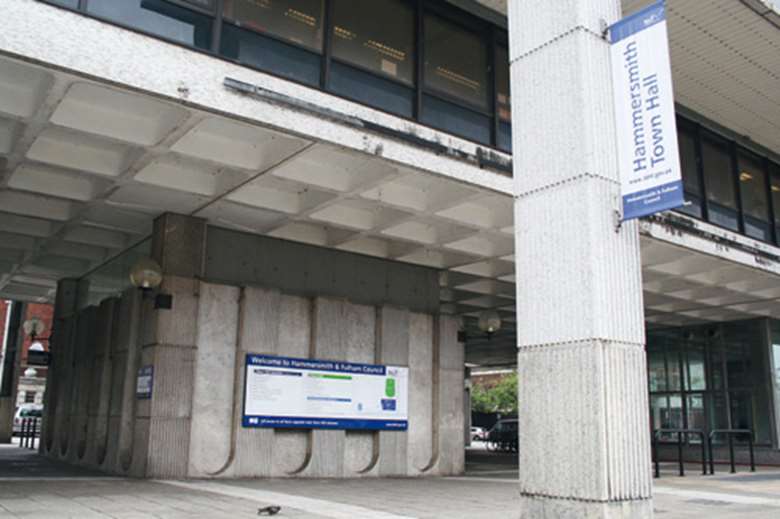Social impact bonds to raise 40m investment in early intervention
Joe Lepper
Friday, August 26, 2011
The government is hoping to raise 40m from private investors as part of a trial into the use of social impact bonds to fund family intervention projects.

The pilot will involve four councils: Hammersmith & Fulham, Westminister, Birmingham and Leicestershire.
Social impact bonds were a key recommendation made in Graham Allen’s review into early intervention.
The government has backed his argument that investing in early intervention can generate far greater long-term savings for the taxpayer in cutting crime, improving employment prospects and cutting teenage pregnancy and alcohol abuse rates.
The bonds allow people to invest in social projects and receive a return on their investment from central government if the projects hit targets and turn around families’ lives.
The initiative is being overseen by the Cabinet Office and will target the most deprived families in the four council areas.
It is hoped work will begin with families using social impact bond funding in spring next year. The government is to develop the infrastructure to allow investors to pay in to the scheme and set out targets by the end of the year.
The Cabinet Office estimates that the UK’s 46,000 most deprived families cost the taxpayer £4bn a year.
Nick Hurd, Minister for Civil Society, said: "We must not be afraid to do things differently to end the pointless cycle of crime and deprivation that wrecks communities and drains state services. Social impact bonds could open serious resources to tackle social problems in new and innovative ways."
The pilot has been launched following evidence from locally run family intervention projects to show a credible return on investment.
This includes the Family Recovery Programme, which launched in pilot area Westminster three years ago. Evaluation for this scheme found that for every £1 spent the taxpayer saved £2.10.
Westminster Council leader Colin Barrow said: "This is a fantastic concept of bringing private money to reward those organisations that invest in the most difficult families in society."
Graham Allen said it was important funding tackled the causes of deprivation not just symptoms such as poverty, crime and poor health.
He added: "There are no quick fixes in this field, solutions to breaking intergenerational cycles of dysfunction need to be long term and sustainable. New ideas and money for fire fighting problems are welcome but must be complemented by the social policy equivalent of a nationwide smoke-alarm policy."
Social impact bonds were a key recommendation made in Graham Allen’s review into early intervention.
The government has backed his argument that investing in early intervention can generate far greater long-term savings for the taxpayer in cutting crime, improving employment prospects and cutting teenage pregnancy and alcohol abuse rates.
The bonds allow people to invest in social projects and receive a return on their investment from central government if the projects hit targets and turn around families’ lives.
The initiative is being overseen by the Cabinet Office and will target the most deprived families in the four council areas.
It is hoped work will begin with families using social impact bond funding in spring next year. The government is to develop the infrastructure to allow investors to pay in to the scheme and set out targets by the end of the year.
The Cabinet Office estimates that the UK’s 46,000 most deprived families cost the taxpayer £4bn a year.
Nick Hurd, Minister for Civil Society, said: "We must not be afraid to do things differently to end the pointless cycle of crime and deprivation that wrecks communities and drains state services. Social impact bonds could open serious resources to tackle social problems in new and innovative ways."
The pilot has been launched following evidence from locally run family intervention projects to show a credible return on investment.
This includes the Family Recovery Programme, which launched in pilot area Westminster three years ago. Evaluation for this scheme found that for every £1 spent the taxpayer saved £2.10.
Westminster Council leader Colin Barrow said: "This is a fantastic concept of bringing private money to reward those organisations that invest in the most difficult families in society."
Graham Allen said it was important funding tackled the causes of deprivation not just symptoms such as poverty, crime and poor health.
He added: "There are no quick fixes in this field, solutions to breaking intergenerational cycles of dysfunction need to be long term and sustainable. New ideas and money for fire fighting problems are welcome but must be complemented by the social policy equivalent of a nationwide smoke-alarm policy."




